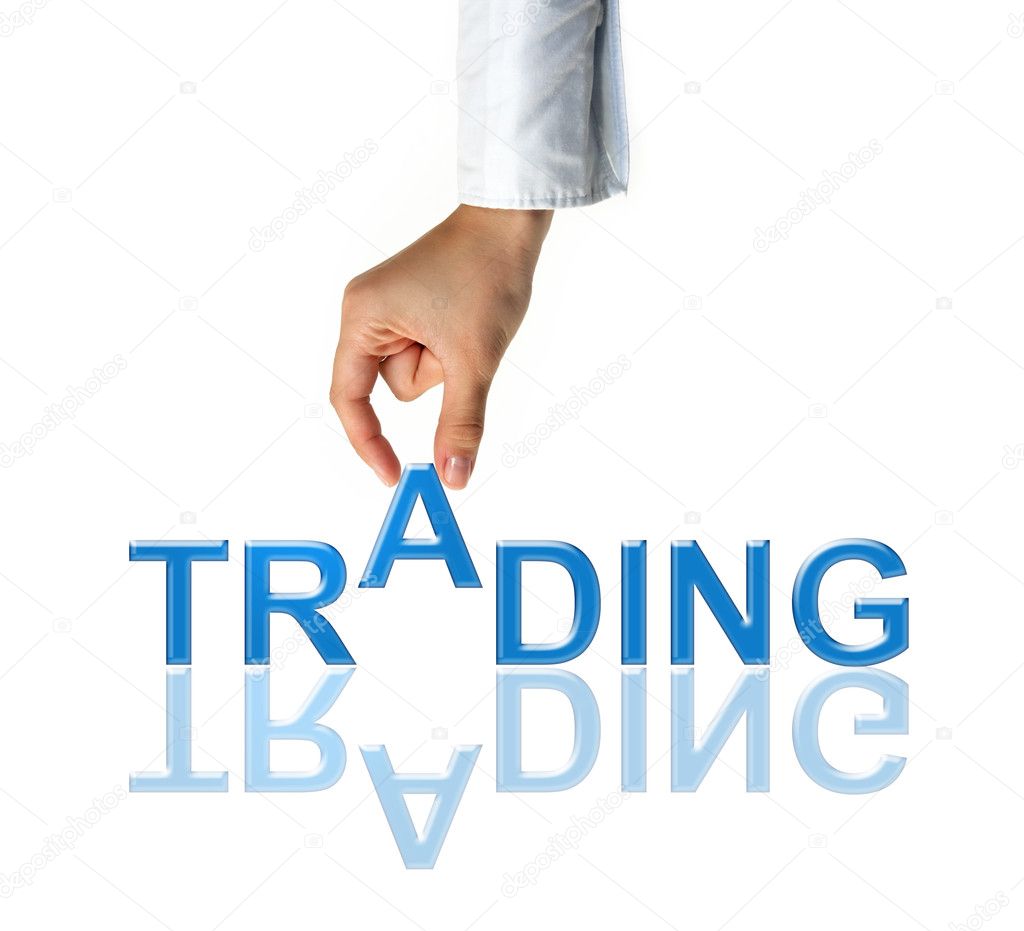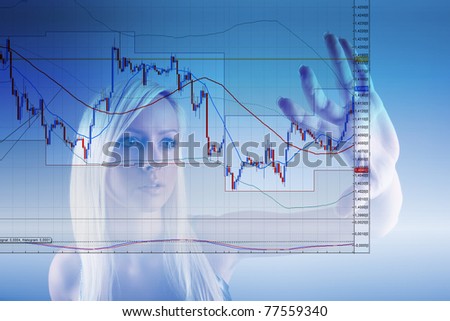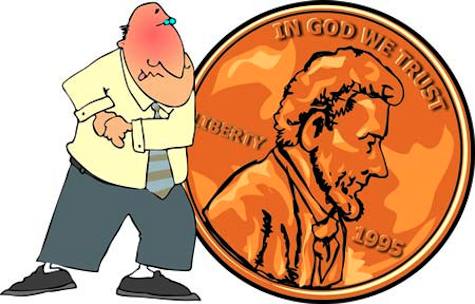Trading Commoditie Details
Commodity markets are markets where raw or primary products are exchanged. These raw commodities are traded on regulated commodities exchanges, in which they are bought and sold in standardized contracts.
This article focuses on markets. It covers physical product (food, metals, energy) markets but not the ways that services, including those of governments, nor investment, nor debt, can be seen as a commodity. Articles on reinsurance markets, bond markets and currency markets cover those concerns separately and in more depth. One focus of this article is the relationship between simple comodity money and the more complex instruments offered in the commodity markets.




















Commodity markets are markets where raw or primary products are exchanged. These raw commodities are traded on regulated commodities exchanges, in which they are bought and sold in standardized contracts.
This article focuses on markets. It covers physical product (food, metals, energy) markets but not the ways that services, including those of governments, nor investment, nor debt, can be seen as a commodity. Articles on reinsurance markets, bond markets and currency markets cover those concerns separately and in more depth. One focus of this article is the relationship between simple comodity money and the more complex instruments offered in the commodity markets.
Trading Commoditie

Trading Commoditie

Trading Commoditie

Trading Commoditie

Trading Commoditie

Trading Commoditie

Trading Commoditie

Trading Commoditie

Trading Commoditie

Trading Commoditie

Trading Commoditie

Trading Commoditie

Trading Commoditie

Trading Commoditie

Trading Commoditie

Trading Commoditie

Trading Commoditie

Trading Commoditie

Trading Commoditie

Trading Commoditie





































